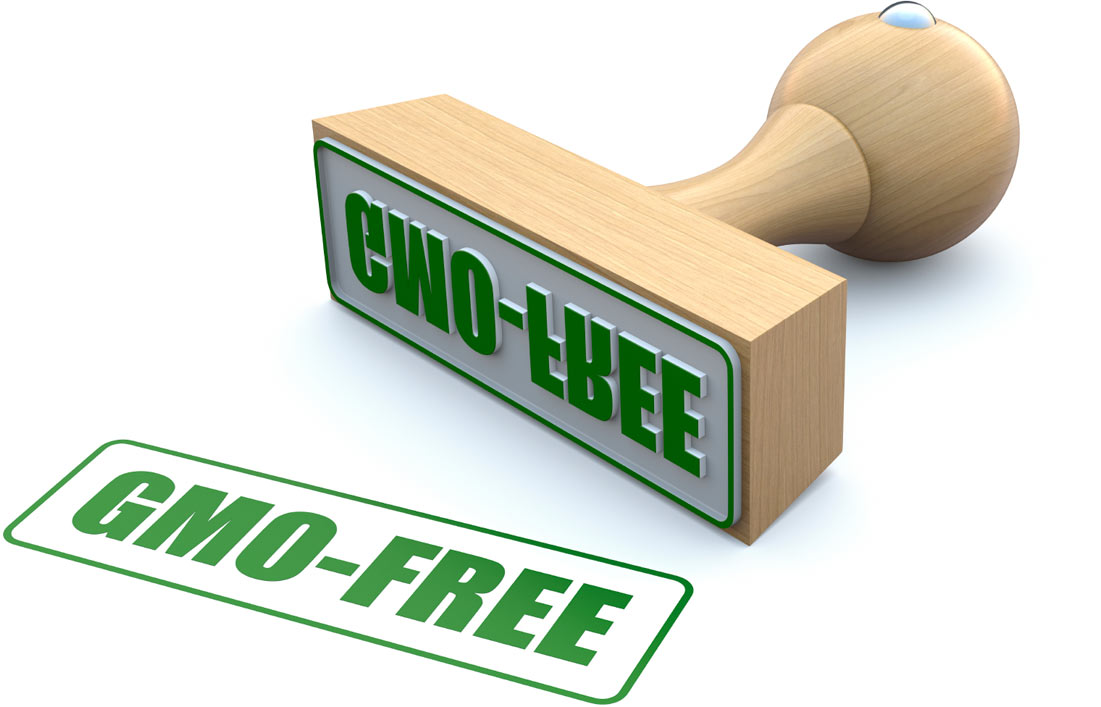Suppliers of non-GMO grains voiced varying opinions about the US Department of Agriculture’s Process Verified Program (PVP) to verify the non-GMO status of grains. Some suppliers say the USDA program adds credibility to the non-GMO market and increases competition, while others say the program’s lack of a non-GMO standard will weaken non-GMO claims and confuse consumers.
The USDA has adapted its PVP program for non-GMO process verification. SunOpta, a supplier of non-GMO grains and ingredients, recently announced it is receiving the USDA process verification for its Minnesota facility.
Another path to the non-GMO market
Lynn Clarkson, president of Clarkson Grain, likes the idea of a government-run non-GMO program.
“I think it is a legitimate path to the non-GMO market, and will increase competition in the marketplace,” he says.
Clarkson also said a USDA-backed claim carries weight. “Any program that carries USDA certification has a credibility advantage.”
Steve Scholze, managing director of IP AgriTrading, Inc., also sees value in the USDA program.
“This is a win-win for consumers who are given more choice for non-GMO versus GMO food options,” he said.
Like Clarkson, Scholze said the USDA program will increase competition in the marketplace. “Healthy markets always have competitive factors,” he said.
Comparisons with National Organic Program
Several suppliers saw similarities with PVP program for non-GMO and the National Organic Program (NOP).
“The non-GMO market could be in the same situation as organics in 1995 when we had 12 different certifiers. This created an amazing amount of confusion,” Clarkson said.
But Rick Brandenburger, president of Richland, IFC said there is a big difference.
“I don’t see the fractional divide in non-GMO certification as there was in the organic certification,” he said.
Chris Bradley, a grain trader with Ceres Commodities, said the USDA program could achieve similar success to the NOP if it has “a solid definition of what the non-GMO standards are.”
But while the NOP set standards for organic production, the USDA program does not have a standard—including requirements for GMO testing and thresholds—as other non-GMO verification programs, such as the Non-GMO Project, have.
This lack of a standard makes Brandenburger skeptical.
“The USDA is not inserting itself into a discussion about what non-GMO,” he said.
Derek Rovey, manager of Rovey Seed, would like to see the USDA establish a non-GMO standard.
“I think it would be a good thing if the USDA were to set standards in certifying non-GMO grain,” he said.
But a lack of a non-GMO standard, he said “could be confusing to customers and buyers.”
No Non-GMO standard is big negative
Several suppliers oppose the USDA’s non-GMO program because it lacks a non-GMO standard.
“We are not in favor of USDA offering a process verified program for non-GMO verification due to the fact that it does not incorporate a standard to which companies would be held for non-GMO verification,” said Aaron Skyberg, director of business development, SK Food International.
Further Skyberg said it will be confusing to consumers.
“Our concern with the USDA’s approach is that it will dilute the meaning of and weight behind non-GMO verification that other third-party certifiers, such as the Non-GMO Project, have worked so hard to put forth in the industry,” he said.
Gilbert Hostetler, president of Prairie Hybrids, says that without a non-GMO standard the USDA program could render “non-GMO” a meaningless term.
“If they just say non-GMO with no quantification limits on (GMO) contamination, that is telling me that they really don’t care and they don’t want to make that difference,” he said.
Clarkson said the USDA’s non-GMO program could lead to a national non-GMO standard. “We could be moving towards getting a national definition of what non-GMO means.”





